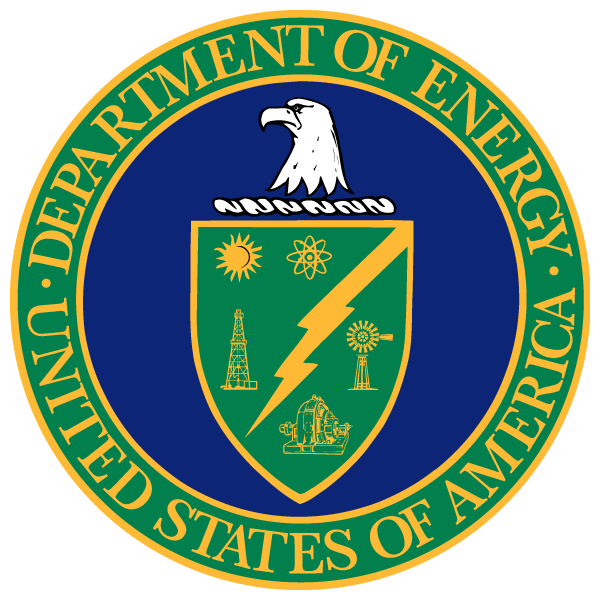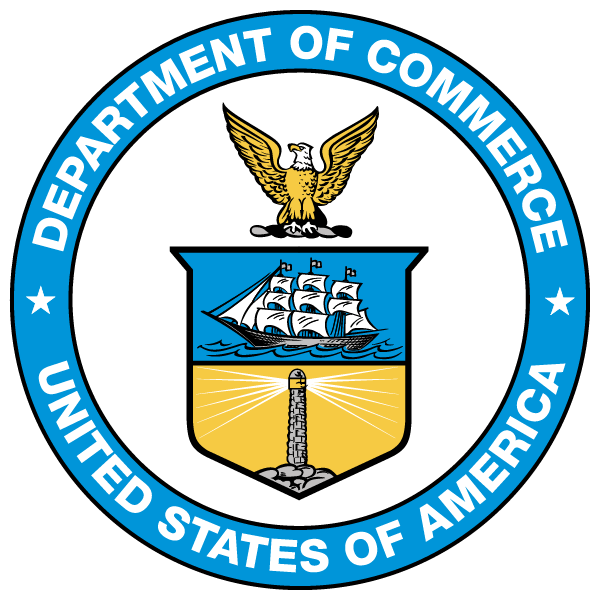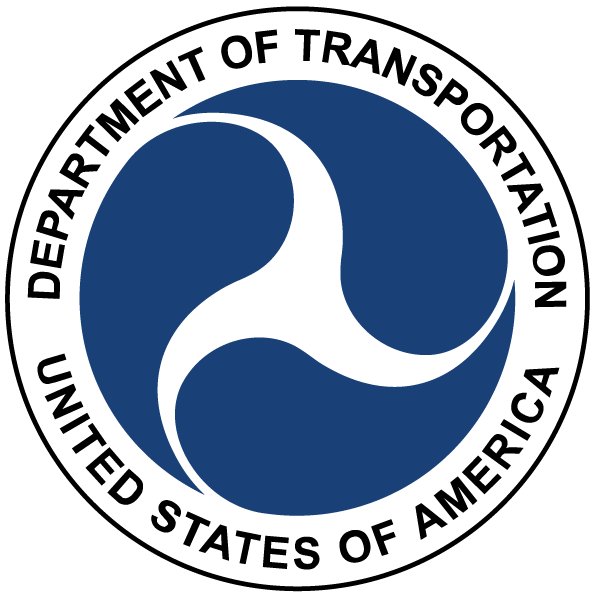Proposal Development
Expert Proposal Writing for Government Contracts. Increase your win rate with our professional proposal writing services.


Key Differentiators
Our Unique Approach to Government Contracting
At Snow Stag, we’re committed to helping you secure more government contracts. Our team of experienced proposal writers and subject matter experts bring a wealth of knowledge and expertise to every project.
Let us leverage our expertise to help you achieve your government contracting goals.
Our Clients' Partners
Collaborating with Government Leaders
















Our Offerings
from writing and editing to design and compliance, we've got you covered.
"Don't just write a proposal; craft a winning strategy. Let our experts elevate your bids and secure your government contracts."
Recognitions
Acknowledged by 100+ International Organizations
FAQ Questions
Frequently Asked Questions
01
Federal proposal writing is the process of crafting compelling documents that respond to government solicitations, such as Requests for Proposals (RFPs), Requests for Qualifications (RFQs), and Requests for Information (RFIs). To write a winning proposal, you must:
- Understand the solicitation thoroughly: Analyze the specific requirements, evaluation criteria, and submission guidelines.
- Develop a strong proposal strategy: Outline your approach, highlight your unique qualifications, and address the government's needs.
- Write clear and concise content: Use plain language and avoid technical jargon.
- Comply with all federal regulations: Adhere to formatting, page limits, and other requirements.
- Proofread and edit carefully: Ensure your proposal is free of errors and professionally presented.
02
Responding to RFPs, RFQs, and RFIs requires a systematic approach:
- Review the solicitation: Identify key requirements, deadlines, and evaluation criteria.
- Develop a proposal outline: Organize your response into sections that address each evaluation factor.
- Gather necessary information: Collect data, testimonials, and other supporting materials.
- Write compelling content: Craft a persuasive narrative that highlights your strengths and capabilities.
- Format and submit your proposal: Adhere to the specified format and submit on time.
03
The type of federal contracting opportunities you should pursue depends on your business capabilities, certifications, and strategic goals. Consider these factors:
- Set-aside programs: These programs are designed to provide opportunities for small businesses, women-owned businesses, and service-disabled veteran-owned businesses.
- Prime contracts: Directly awarded contracts from government agencies.
- Subcontracts: Contracts awarded by prime contractors to subcontractors.
- Indefinite-Delivery/Indefinite-Quantity (IDIQ) contracts: Long-term contracts that allow for multiple deliveries or services over a specified period.
04
Hiring a professional federal proposal writing service can significantly improve your chances of winning government contracts. Our experts can:
- Save you time and resources: We handle the entire proposal development process, from initial strategy to final submission.
- Increase your win rate: Our experience and knowledge of government procurement can help you create winning proposals.
- Ensure compliance: We adhere to all federal regulations and guidelines.
- Enhance your proposal's impact: Our skilled writers can craft compelling narratives that resonate with government evaluators.
- Provide strategic guidance: We can help you identify the most suitable opportunities and develop effective proposal strategies.
05
Absolutely! Our experts can help you develop a comprehensive proposal strategy, including:
- Identifying target opportunities: We'll analyze your capabilities and market trends to identify suitable solicitations.
- Developing a win strategy: We'll create a tailored approach to maximize your chances of success.
- Conducting capture planning: We'll proactively engage with government agencies to build relationships and influence requirements.
06
The timeline for a federal proposal can vary significantly depending on the complexity of the solicitation, the scope of work, and the specific requirements. While some simpler proposals might be completed in a week or less, most complex proposals require more time for thorough research, writing, and review.
Here's a typical timeline for a moderate-sized federal proposal:
- Solicitation Review: 1-2 weeks
- Analyze the RFP, RFQ, or RFI to understand the specific requirements, evaluation criteria, and submission guidelines.
- Proposal Development: 2-4 weeks
- Develop a strong proposal strategy, outline the approach, and write compelling content.
- Gather necessary information, such as past performance data, certifications, and references.
- Review and Editing: 1-2 weeks
- Conduct a thorough review to ensure accuracy, consistency, and compliance with all requirements.
- Edit and proofread the proposal to eliminate errors and improve clarity.
- Submission: 1-2 days
- Finalize the proposal, format it according to the solicitation guidelines, and submit it on time.
Remember, starting early is crucial to allow ample time for each stage of the proposal development process. By planning ahead and allocating sufficient resources, you can increase your chances of submitting a high-quality proposal that meets all the requirements.
Transform your business today!
Explore our creative studio, where innovation meets precision. A space designed to foster collaboration, balance, and growth, reflecting our commitment to delivering exceptional results through every project.





